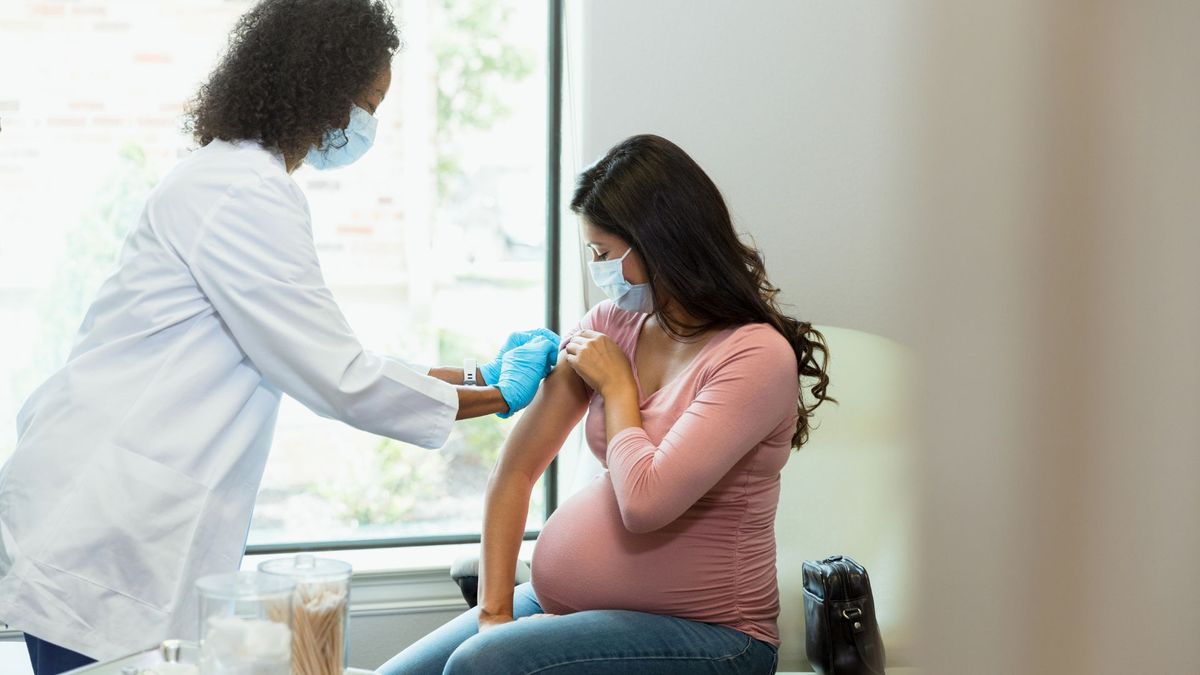Infection
Prenatal RSV vaccine protects newborns from the virus, CDC says
There’s now another way to protect newborns from respiratory syncytial virus, or RSV, the leading cause of hospitalization for infants in the U.S.
The tool is a new vaccine, called Abrysvo and made by Pfizer, which is given in late pregnancy to send protective antibodies across the placenta to the developing fetus. The vaccine was approved by the Food and Drug Administration (FDA) in August, and now, the Centers for Disease Control and Prevention (CDC) has officially recommended the shot.
In clinical trials in which the shot was given between weeks 32 and 36 of pregnancy, the shot reduced newborns’ risk of lower respiratory tract disease — meaning lung infections — from RSV by about 57% in the first six months of life. It offered slightly more protection against severe infections, in particular, cutting the risk by 76.5% in babies’ first six months.
The CDC recommends giving the shot during and in preparation for RSV season, which runs from late fall to early spring. Those giving birth during RSV season should get one dose of the vaccine between weeks 32 and 36 of gestation.
Related: When should you get a flu shot? What to know for the 2023-2024 flu season
“This is another new tool we can use this fall and winter to help protect lives,” said Dr. Mandy Cohen, director of the CDC, said in the agency’s statement. “I encourage parents to talk to their doctors about how to protect their little ones against serious RSV illness, using either a vaccine given during pregnancy, or an RSV immunization given to your baby after birth.”
Here, “immunization” refers to giving infants drugs that contain lab-made antibodies that protect against RSV. There is no RSV vaccine approved for use in babies, but there are several antibody drugs available for infants, as the FDA recently approved a new one.
“Most infants will likely only need protection from either the maternal RSV vaccine or infant immunization, but not both,” the CDC noted.
Looking for more information about the new vaccine or antibody drug? Here’s everything you need to know.
This article is for informational purposes only and is not meant to offer medical advice.

